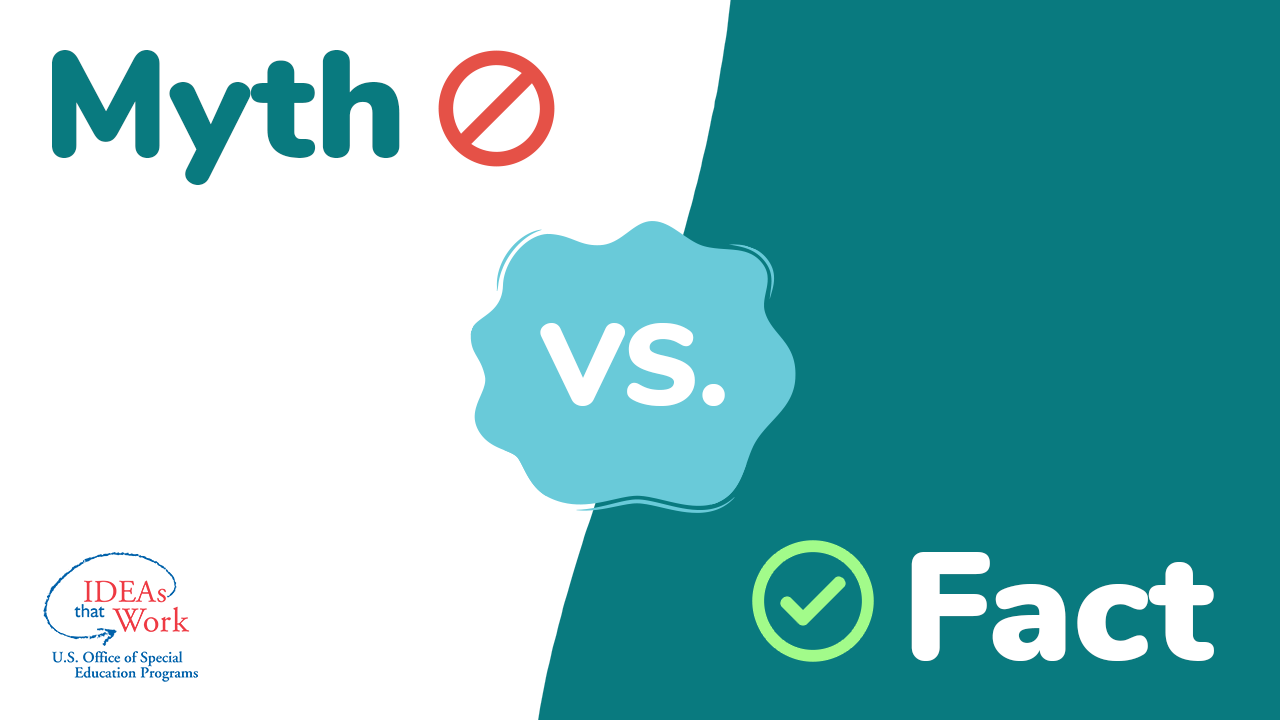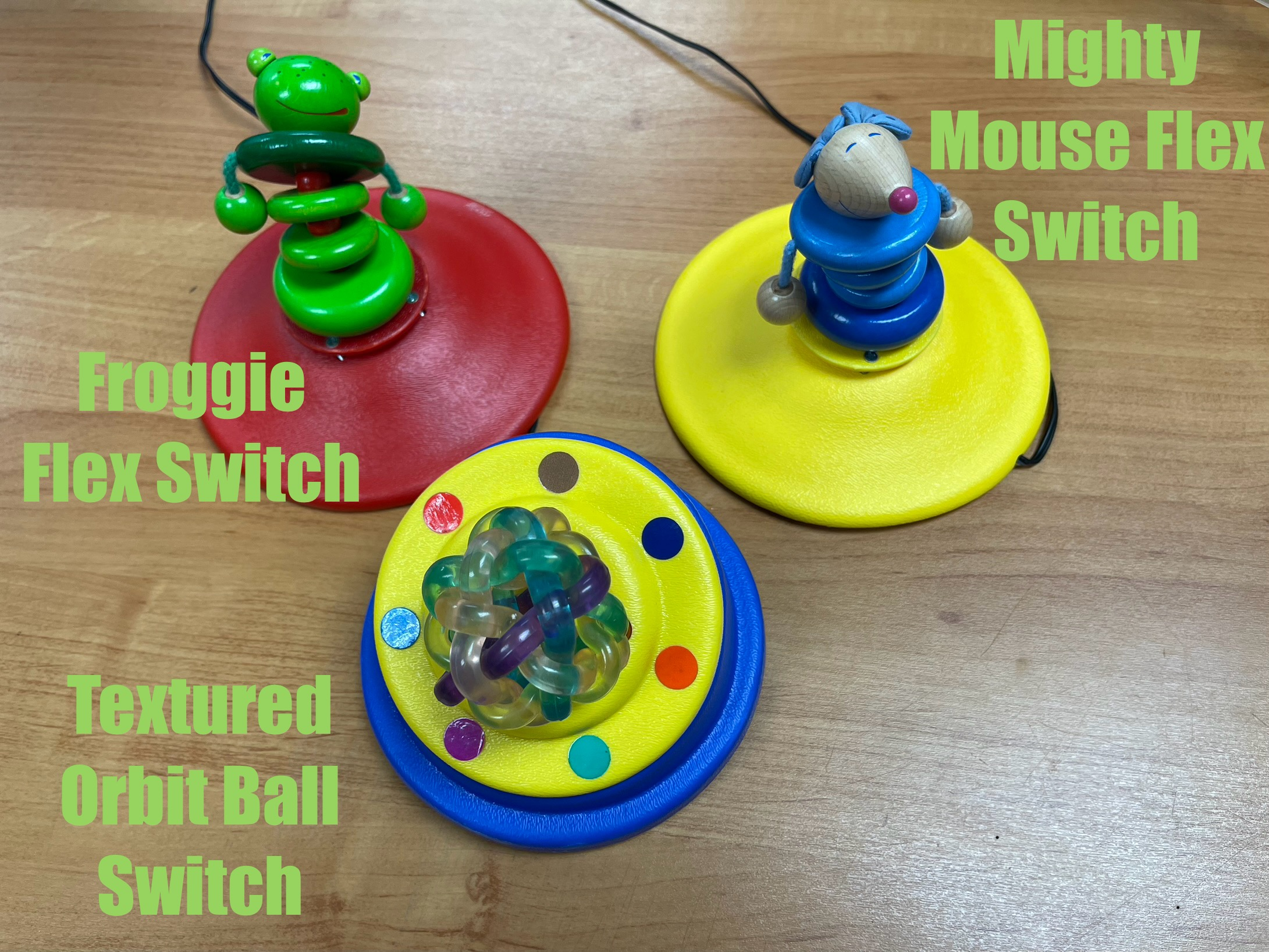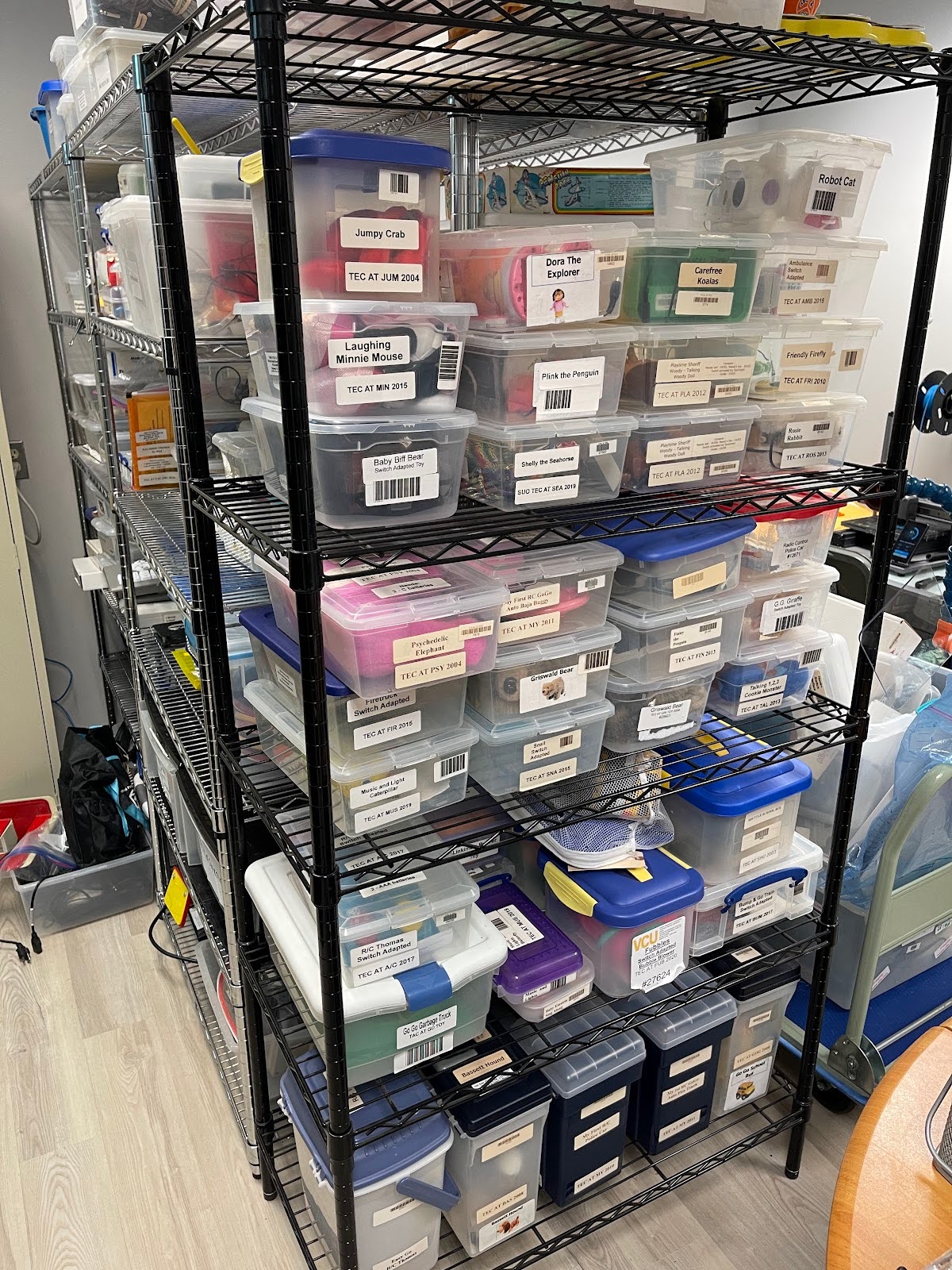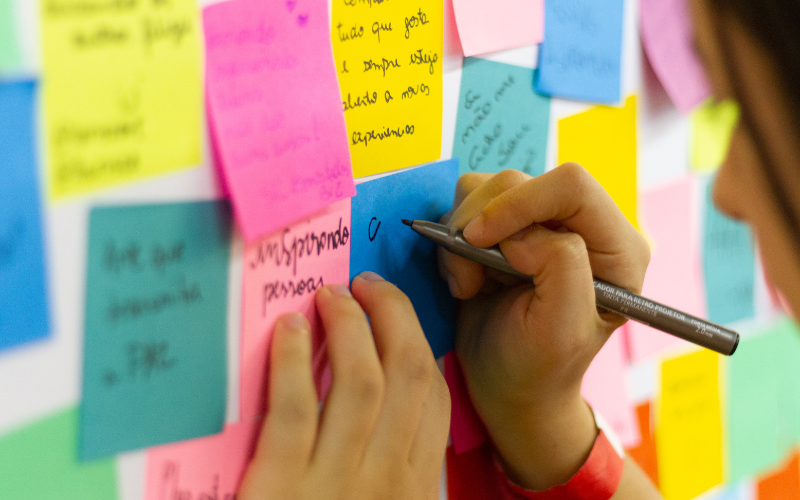Myths and facts about assistive technology: New guidance
Assistive technology (AT) offers a multitude of benefits across all age groups by fostering independence, supporting inclusion, facilitating friendships, and leading to improved overall quality of life. For young children, it facilitates opportunities for play, learning, friendships, and development by providing tailored educational tools, enhancing communication skills through augmentative and alternative communication, and enabling access […]
Learn by listening: Explore the world of podcasts
Are you looking for an easy and accessible way to learn new information and hear people talk about practices they are implementing to help students be successful? Listen to a podcast! Podcasts are audio recordings typically played on demand on your smartphone or computer (Prince, B.F., 2020; Tobin & Guadagno, 2022). The number of people […]
Switch it up! Check out these awesome switches in the AT lab
Pedal switches, Makey Makey, and Bluetooth OH MY! The Assistive Technology lab has a variety of switches available for school and early intervention teams to check out. Pair them with any switch-activated device, and your students will be ecstatically able to interact with their environment. Are you looking for something that will give a sensory […]
The Assistive Technology Lab is open for business
We’re back! The Assistive Technology (AT) lab is now open in our new location on Staples Mill Road in Richmond; parking is free. As always, we have many devices that can be checked out to school teams in Regions 1 and 8. The device categories include Augmentative and Alternative Communication, play, leisure activities, computer access, […]
Scaffolding for impactful instruction
Explicit Instruction features a continuum of supports, or scaffolds, where students are guided through the learning process while the responsibility for learning is gradually released from the teacher to the students. Although the concept of scaffolding hearkens back to 1976, (Puntambekar, 2022), Douglas Fisher and Nancy Frey (2023) continue to find the concept of scaffolding […]




